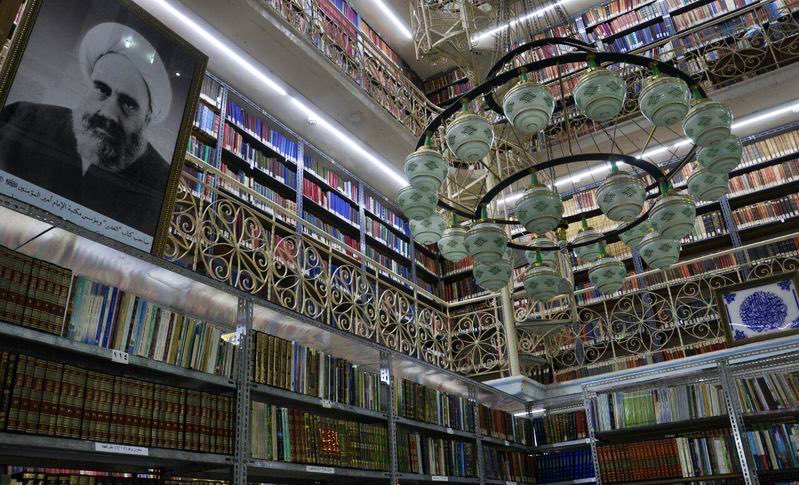
Imam Mahdi’s race [14 part thread]:
The skin color of divine guides or prophets does not matter. Because racism is a form of arrogance, it is a despicable trait and God tests our faith with it. And since very community suffers from it, one way or another, it must be eliminated
The skin color of divine guides or prophets does not matter. Because racism is a form of arrogance, it is a despicable trait and God tests our faith with it. And since very community suffers from it, one way or another, it must be eliminated
Our 9th Imam, al-Jawad is described as “dark-skinned”, and despite not being black, some found it challenging to believe in him because of his skin color. Add that to the Imam’s very young age (he was just 8 years old), it was a difficult test for some of the people of his time.
Again, the Imam’s complexion does not matter, except for identification purposes. This is why the Imams provided descriptions of him. Another reason these features are specified could be for obfuscation and to draw authorities away, which may explain apparent contradictions.
These identifying features include an “Israelite build” (a reference to Jacob’s sons, who were broad shouldered and tall). So what about his skin color? It seems we can deduce that from both genealogy & narrations (as well as historical accounts, which may be relative)
Prophet Muhammad was a descendant of Abraham, who himself was ethnically Mesopotamian from the Nineveh region (Iraq). He is widely reported to having a light complexion, with a blush, but wasn’t too fair nor too dark-skinned. Which leaves the shade of color rather obscure.
The Prophet is from a Semitic lineage. According to reports of his appearance, may have resembled today’s Sephardic Israelites who have an olive skin tone. Why is this important? Because narrations tell us the Mahdi resembles his grandfather, the Prophet. Neither white nor black.
We do have some reports that describe Imam Mahdi as أسمر, which is a relative term, but is best translated as olive-skinned, or tan. Once again, this eliminates the two extremes of being black or white; a recurring theme in this discussion.
Other narrations have added “golden”, which reinforces the bronze tan. Others have said “shining like the moon” and even “white” [Kulaini’s al-Kafi & Sadouq’s Kamal al Din] which may refer to the luminance and brilliance, rather than physical skin color.
Note on the mother of Imam Mahdi: we know two things for a fact; she was a descendant of Simon, the cousin and disciple of Jesus (a Semite), from Rome (though she was most likely from Eastern Rome, i.e. the Byzantine empire, based in Constantinople, or modern-day Turkey).
It’s therefore likely that she had a Mediterranean complexion. Olive skinned, with a bronze tan. Neither white nor black. I will try to dedicate a separate thread to the blessed mother of the holy Imam, Insha’Allah.
We make no assumptions, leaving room only for such authenticated traditions, not our own bias. A similar test faced by Jews of Arabia was in their assumption that the final Prophet would be from their own. We all know how that turned out. Ethnicity is a tough pill to swallow.
On the other hand, Persians embraced the Prophet with little tension. That’s an undeniable merit of the Persians, in that they accepted a Prophet who was from a rival ethnicity. Whereas the Arabs would never have accepted a Persian prophet, given ingrained prejudices [26:198-199]
In the end, while some attempt to paint the Imam as either of the two, it’s important to prevent our biases from clouding our judgement. In the end, what matters is our allegiance to the Imam, irrespective of his race, and certainly not use this to score points in race polemics.
We give our allegiance to the Imam regardless of his race, ethnicity, apparent age, or other identifying factors. We must relinquish all prejudices. But the above paints a good picture of those traits, which should serve to build a personal relationship & bring us closer to him.
• • •
Missing some Tweet in this thread? You can try to
force a refresh


















